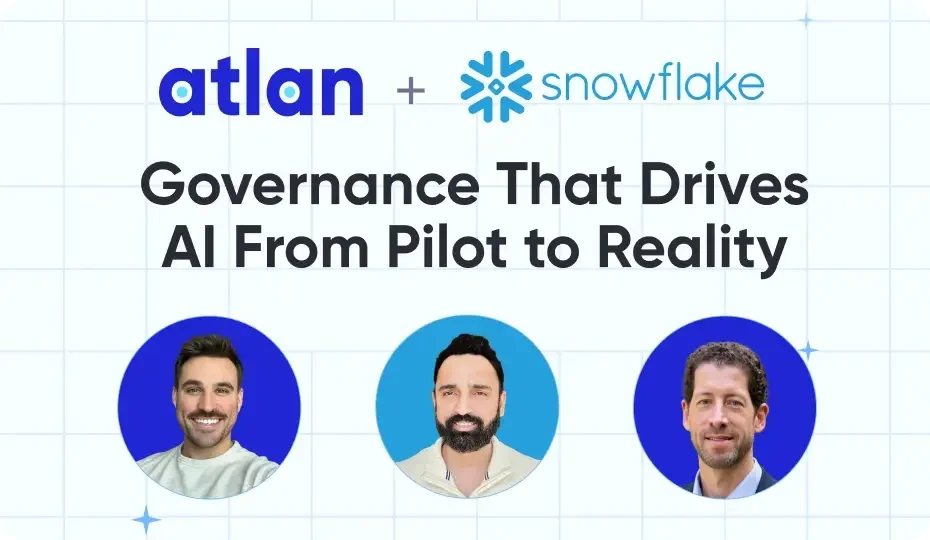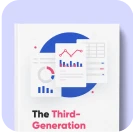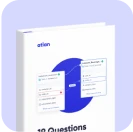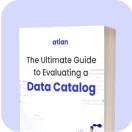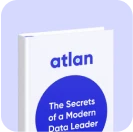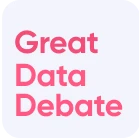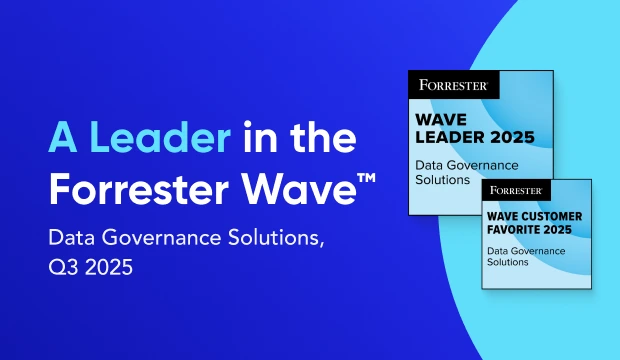Benefits of Data Governance on GCP: What’s Available and How Can You Build On It?

Share this article
GCP recommends Dataplex for metadata management and data governance of your GCP assets.
In this article, we’ll take a look at the governance capabilities available in GCP, the benefits of data governance on GCP, and ways to enhance them further.
Want to make data governance a business priority? We can help you craft a plan that’s too good to ignore! 👉 Talk to us
Table of Contents #
- Data governance in GCP: How does it work?
- Data governance benefits of GCP
- GCP + Atlan: Active data governance for your GCP workflows
- Wrapping up
- Related reads
Data governance in GCP: How does it work? #
Google Cloud offers several tools to manage your data on the cloud securely and enable governance. These include:
- Security Command Center for data security (threat detection and prevention, attack path simulation, etc.) and risk management
- Sensitive Data Protection to discover, classify, and protect sensitive assets
- Cloud IAM for fine-grained access control to centrally manage your Google Cloud resources
- Column and row-level access control in BigQuery
- Data Catalog for metadata management and data discovery
- Data Fusion for data integration at scale, thereby supporting end-to-end lineage for your GCP assets
- Cloud Audit Logs for recording administrative activities and accesses within the Google Cloud
- Dataplex for central data governance of your GCP assets
Let’s explore GCP’s Dataplex further to understand its offerings and data governance capabilities.
Governing GCP data assets with Dataplex #
Google Cloud offers Dataplex to “centrally discover, manage, monitor, and govern data across data lakes, data warehouses, and data marts with consistent controls.”
Dataplex is a data fabric to manage distributed data and automate data management and governance.
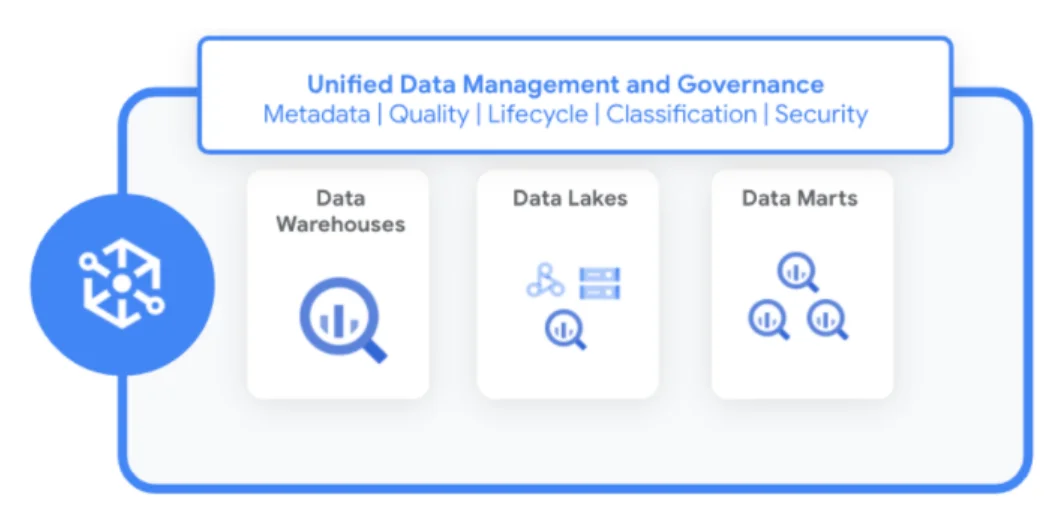
Dataplex for data management and governance of your GCP assets - Source: Google Cloud.
“Dataplex provides intelligent data management, centralized security and governance, automatic data discovery, metadata harvesting, lifecycle management, and data quality with built-in AI-driven intelligence.” Google Cloud
Dataplex automatically registers all metadata from Google Cloud services (BigQuery, Dataproc Metastore, Data Catalog) and open source tools (Apache Spark and Presto) in a unified metastore.
Also, read → GCP data catalog
Data governance capabilities offered by GCP’s Dataplex #
With Dataplex, you can:
- Centralize policy management, monitoring, and auditing
- Support data authorization and classification
- Enable distributed data ownership with global monitoring and governance
- Capture end-to-end lineage automatically for Google Cloud data sources to trace dependencies, troubleshoot issues, and understand data flow
- Automate data quality for distributed data domains
Data governance benefits of GCP #
Using the various data governance tools provided by GCP, you can centrally monitor, manage, and govern your GCP assets. The data governance benefits include:
- A centralized way to manage access roles across the GCP ecosystem with Data Catalog IAM
- Better data discovery and metadata management for your GCP assets with Data Catalog
- End-to-end mapping of your GCP data estate with Data Fusion
- Distributed data ownership and global control (standardized security policies and data classification) with Dataplex
GCP + Atlan: Active data governance for your GCP workflows #
GCP offers several data governance capabilities, such as access control, audit logs, row-and-column-level lineage mapping, etc. However, these capabilities are ideal for your GCP assets. Using Atlan would complement the GCP ecosystem’s existing data governance support and extend it to all of your data assets across multi-cloud environments.
With Atlan, you get active data governance — actively monitor your data estate for compliance, security, and quality, while enabling collaboration and data democratization.
Atlan supports hosting tenants on all major cloud platforms — GCP, AWS, and Microsoft Azure.
Here’s a glimpse of Atlan’s active data governance capabilities for your data assets:
- Column-level data lineage with in-line actions to send alerts, create support tickets, discuss data assets, etc.
- Propagation of policies, column descriptions, PII tags, etc. via the lineage map
- Access policies personalized for various personas, projects, or data domains
- Automatic updates (i.e., classifications, certificates, alerts) to your data assets with Playbooks, i.e., rule-based automation
- AI-assisted documentation and exploration
Deploying Atlan for governing your Google BigQuery workflows #
Here’s how you can integrate your Google BigQuery data assets with Atlan:
- Create a custom role in the Google Cloud console for integration with Atlan.
- Create a Service Account and add your custom role to it.
- Create a service account key for crawling Google BigQuery.
- After establishing a connection between Atlan and Google BigQuery, you can select Google BigQuery as your data source in Atlan.
- Provide your Google BigQuery credentials and authenticate the source.
- Configure the connection with a name. You can also regulate access to this connection.
- Set up the crawler to include relevant metadata fields. Atlan crawls databases, tables, schemas, views, columns, and stored procedures.
Wrapping up #
Google Cloud offers Dataplex for governing your GCP assets. It works well for organizations with distributed data domains by providing a centralized mechanism for data governance.
Other benefits include centralized access management, cloud IAM, data lineage mapping, monitoring, audits, and more.
You can build on this data governance setup with Atlan and ensure active data governance for both GCP and non-GCP assets. As a result, you can standardize data governance for your entire data estate and support data management at scale.
Benefits of Data governance on GCP: Related reads #
- What is data governance & why does it matter?
- 7 Best Practices for Data Governance to Follow in 2024
- Benefits of Data Governance: 4 Ways It Helps Build Great Data Teams
- Data Governance Roles and Responsibilities: A Quick Round-Up
- Data Governance Policy: Examples, Templates & How to Write One
- Key Objectives of Data Governance: How Should You Think About Them?
- 5 Popular Data Governance Certifications & Trainings in 2024
- 8 Best Data Governance Books Every Data Practitioner Should Read in 2024
- Automated Data Governance: How Does It Help You Manage Access, Security & More at Scale?
- What Is a Data Catalog? & Do You Need One?
Share this article

